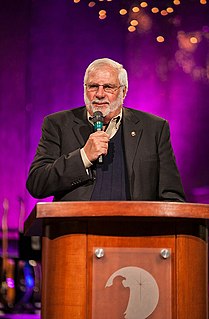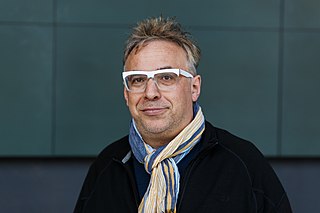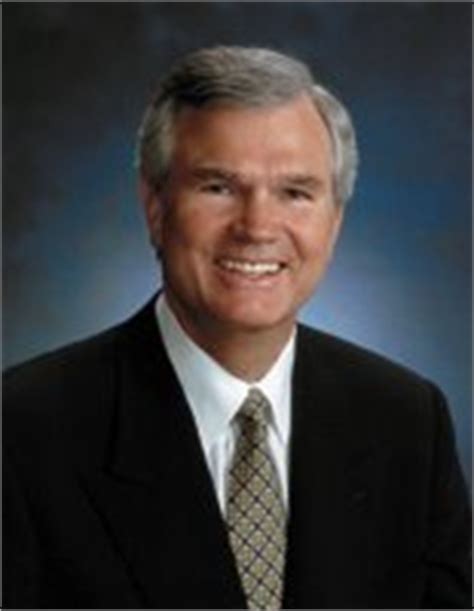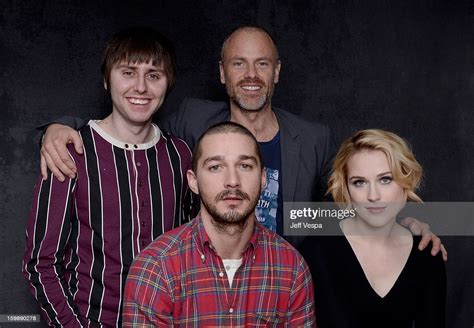A Quote by Om Malik
Our economy, for a long while, has been transitioning from one reliant on industrial strength to one based on digital information. The next step in this transition is a digital economy shaped by connectivity.
Quote Topics
Related Quotes
The digital age is for me in many ways about temporal wounding. It's really messed up our ontological clocks. In the digital economy, everything is archived, catalogued, readily available, and yet nothing really endures. The links are digital encryptions that can and won't be located. That will have to be reassembled over time. It won't be exactly what it was. There will be some slightly altered version. So the book is both an immaterial and material artifact.
In every part of the world with which I am familiar, young people are completely immersed in the digital world - so much so, that it is inconceivable to them that they can, for long, be separated from their devices. Indeed, many of us who are not young, who are 'digital immigrants' rather than 'digital natives,' are also wedded to, if not dependent on, our digital devices.
Digital technologies are setting down the new grooves of how people live, how we do business, how we do everything--and they're doing it according to the expectations of foolish utopian scenarios. We want free online experiences so badly that we are happy to not be paid for information that comes from us now or ever. That sensibility also implies that the more dominant information becomes in our economy, the less most of us will be worth.






































